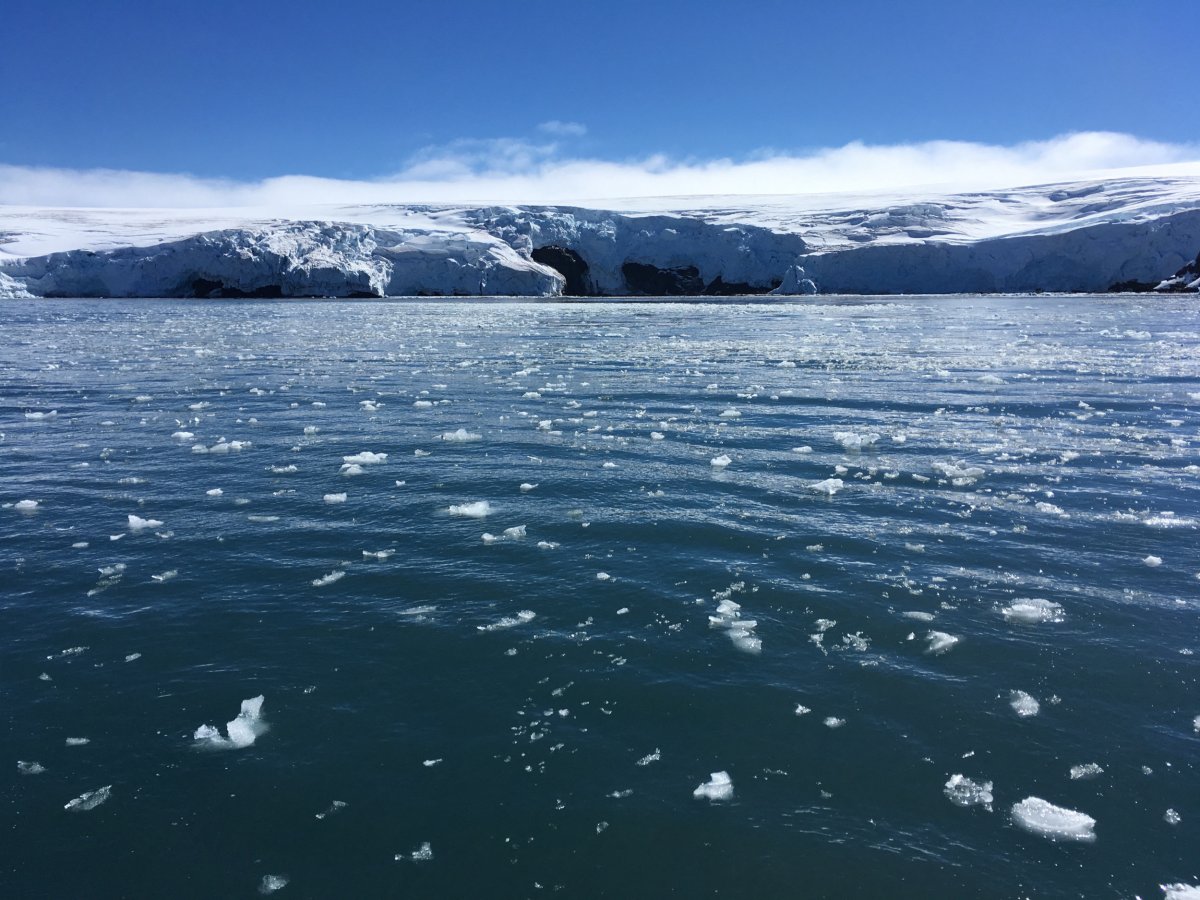Scientists recently revealed a grim outlook for sea levels that could submerge Florida, parts of Louisiana and other coastal communities in the coming centuries.
Global warming and climate change are marked by ominous signs such as the heightened intensity of natural disasters or the concerning rate of rising sea levels. The levels continue to rise as glaciers and ice shelves melt as global temperatures increase, and a new study published in the Nature Climate Change scientific journal anticipates that there may be nothing that can be done to prevent further damage to the West Antarctic Ice Sheet, the collapse of which could add up to 17 feet to sea levels.
The study comes just a few months after a separate report found that Antarctica's sea ice level appears to have reached its lowest point in history, likely due to climate change.

That big of an impact to sea levels has dire consequences. National Oceanic and Atmospheric Administration sea level maps indicate that even an additional 10 feet in sea levels would eat away at America's boundaries by submerging parts of Washington state, Oregon, California, the southeastern coast of Texas, much of the southern half of Louisiana and nearly the entire state of Florida. Rising sea levels also would consume a narrow band along the East Coast, including New York, Boston and Washington, D.C.
Newsweek on Monday reached out to WFLA Chief Meteorologist and Climate Specialist Jeff Berardelli via email for comment on the potential impact to Florida.
The journal's study examined various climate change models and their impacts on the ice melt while considering the uncertain climate factors that could come into play for the ice sheet's melting. It revealed that even if global leaders took the most drastic of actions to counteract climate change, there would not be a substantial difference in the state of the West Antarctic Ice Sheet over the next several decades, NBC News reported.
However, unanswered questions still abound, such as how much global emissions to date will continue to impact ice melt in the future and when the worst of the melt is expected.
There is, however, one thing that's clear from the study.
"It appears we may have lost control of the west Antarctic ice shelf melting over the 21st century," lead study author Kaitlin Naughten said in the NBC News report. "West Antarctic ice shelf melting is one impact of climate change that we're probably just going to have to adapt to, and that very likely means some amount of sea level rise we cannot avoid. Coastal communities will either have to build around or be abandoned."
Experts have long been aware of rising sea levels, but Newsweek previously reported that scientists have underestimated how much sea levels are rising by as much as 8 percent.
The United Nations Intergovernmental Panel on Climate Change (IPCC) estimated that sea levels could rise as much as 3.3 feet in the coming years, but polar scientist David Schneider doubts that number and said it is more realistic to double it.
"I would personally double any number IPCC has. They're fairly conservative," Schneider told NBC News. "I'd put an upper bound of 2 meters, at least, with a lot of uncertainty."
If the West Antarctic Ice Sheet collapses, it could exacerbate rising sea levels by more than double what Schneider anticipated, according to the new study.
Antarctic ice shelves have already taken a devastating hit, with as many as 40 percent having experienced ice loss over the past 25 years, according to a report by The Washington Post, which found that nearly all shelves on Antarctic's western side have experienced ice melt.
About the writer
Anna Skinner is a Newsweek senior reporter based in Indianapolis. Her focus is reporting on the climate, environment and weather ... Read more
To read how Newsweek uses AI as a newsroom tool, Click here.





